

Search the site


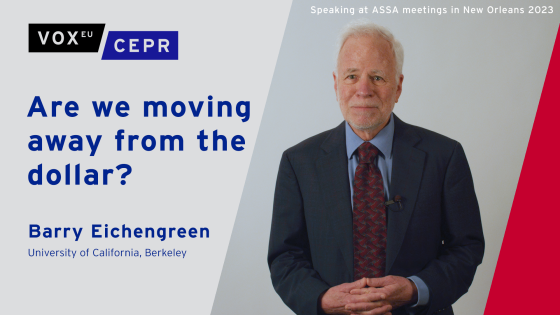

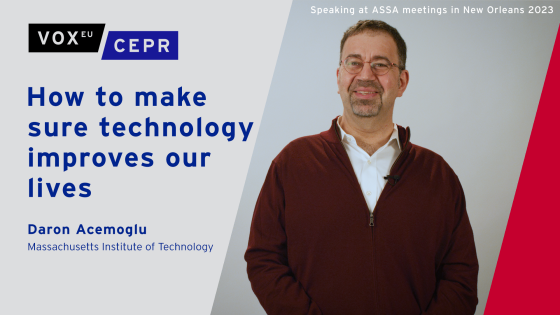

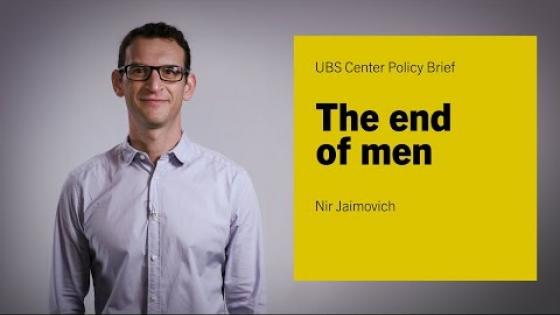

The likelihood of college-educated women finding high-paid employment has risen, while for men it has fallen. Is a growing demand for social skills behind this?
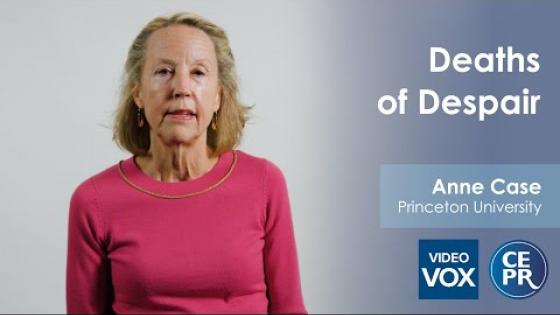

Anne Case traces the rise in 'deaths of despair' in the US back to stagnating wages and the contracting out by firms of low-skilled jobs to avoid high health insurance costs.
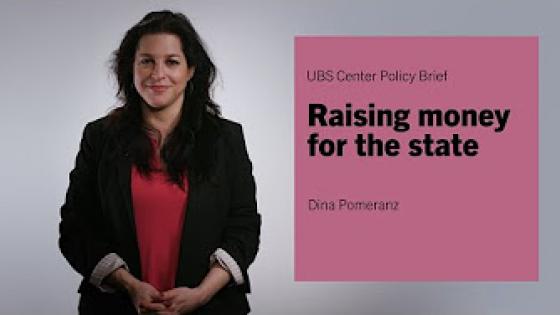

Evidence from Chile shows how the value-added tax (VAT) can facilitate tax enforcement by generating paper trails on transactions between firms.
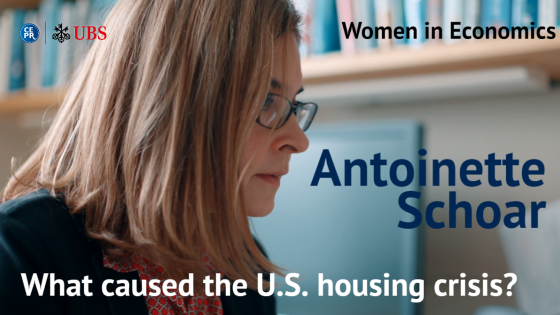

Understanding the origins of the American housing crisis of 2007 has been a challenge for economists and policy makers.

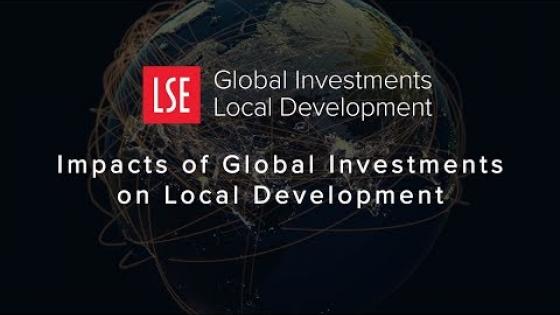

While policymakers go the extra mile to try to attract investments, they often hold serious misconceptions about the impact of multinationals
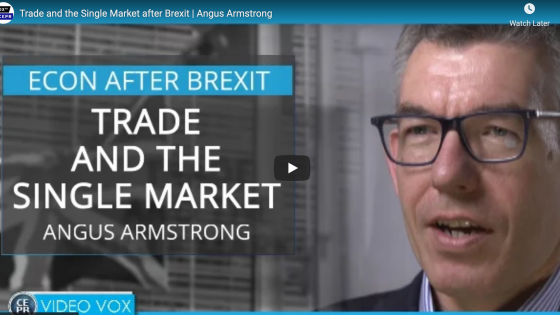

The EU is the UK’s biggest trade partner; in this video Angus Armstrong discusses the impact of Brexit on the UK’s trade patterns.


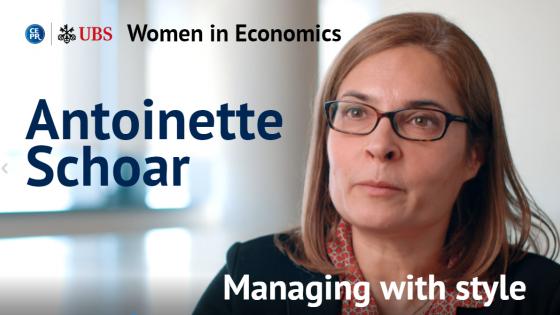

"It’s not too far of a stretch to think that there’s a correlation between style and performance."
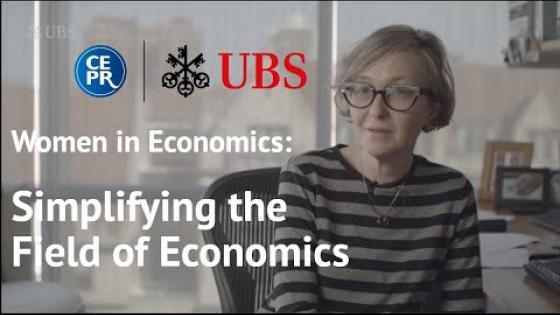

Marianne Bertrand talks about the importance of making economics accessible to the general population

James K. Galbraith argues that payroll data represent a more widely available and consistent measure of inequality than survey-based or tax-based measures.
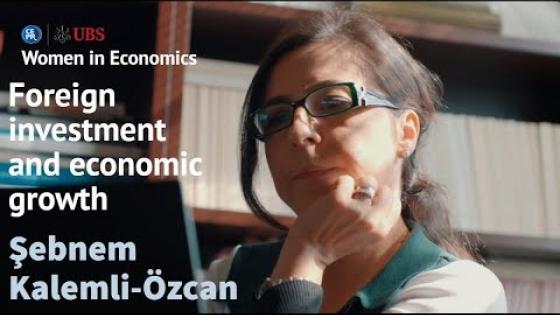

Sebnem Kalemli-Özcan discusses foreign direct investment and how local conditions can limit a country's capacity to take advantage of spillovers from the investment.